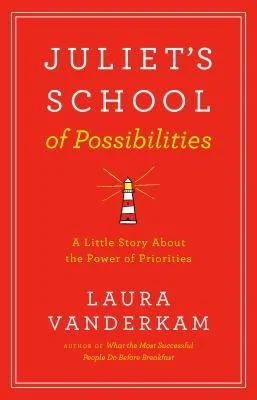As I delve into the world of game testing, I'm discovering the many layers that make this field so intriguing. My journey has led me to test games on platforms like the Nintendo Switch and Steam, each offering unique challenges and learning opportunities. A significant part of my testing experience has been with the charming world of "Animal Crossing: New Horizons" on the Nintendo Switch. The game's delightful characters and immersive environment have provided a rich backdrop for honing my testing skills.
Game testing is far from just leisurely play; it's a critical examination of a game's every aspect to ensure a smooth player experience. For example, during my sessions with "Animal Crossing: New Horizons," I encountered a peculiar issue where my character began to move sluggishly without any input from the controller. This odd behaviour led me to investigate the controller's calibration, revealing it was off-center at rest—a potential compatibility issue between the game and the hardware. Such findings highlight the importance of thorough testing to catch issues that could hinder gameplay enjoyment.
 |
| Courtesy: Nintendo |
The game testing process is methodical, beginning with drafting a test blueprint. This blueprint considers recent game changes, new supported environments or hardware, potential test scenarios, and any feature modifications. Following the blueprint, the test strategy is executed, which includes setting up the testing environment, identifying and documenting issues, verifying fixes, and ensuring comprehensive coverage through repeated testing. Afterward, the test plan is revisited to confirm that the fixes hold up to our quality standards.
Exploratory testing is a dynamic part of game testing that relies on discovery and intuition rather than a set script. While testing "Animal Crossing: New Horizons," I often relied on my gaming instincts to guide me through the game's vibrant world, uncovering issues that structured testing might miss.
In addition to exploratory testing, other essential testing types ensure a game's quality, such as functionality testing, compatibility testing, progression testing, and regression testing. Each plays a vital role in the game testing process.
Game testing is a complex field that blends technical skills with an understanding of the player experience. It's a challenging yet rewarding endeavour that significantly contributes to creating games that resonate with players worldwide. As I continue my journey in game testing, I eagerly anticipate the learning experiences ahead and the chance to contribute to crafting enjoyable and engaging gaming experiences.



